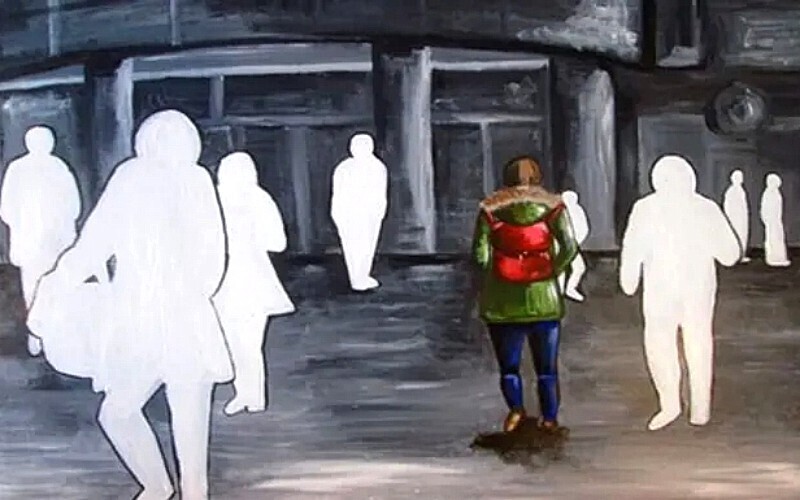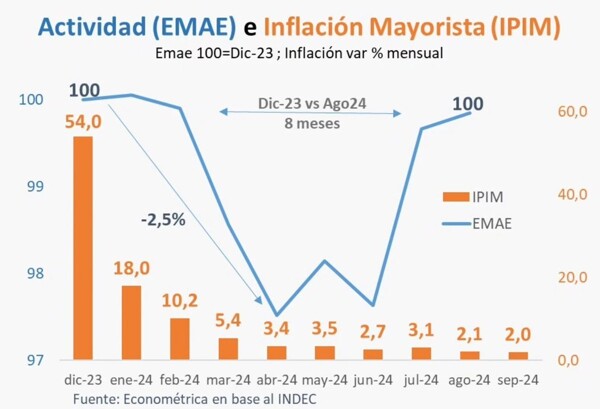
In Argentina, 4 out of 10 young people aged 25 to 35 face difficulties accessing housing and continue to live with their parents or grandparents. This situation affects not only individuals but extends to the community and neighbors. Short-term contracts renewable every two years taint the social networks around them, weakening authentic bonds and fostering self-surveillance behaviors.
The prioritization of economic benefit at the expense of the well-being of residents leads to spaces designed temporarily, without considering the fullness of habitability. Unusual contractual conditions for accessing housing create a model of sterile space that hinders the construction of lasting and affectionate relationships.
Housing stands as the main destination for savings, despite significant difficulties in achieving it. Late capitalism has transformed the lack of housing into an alleged gain of "freedoms," generating discourses that suggest young people no longer aspire to be owners. However, this apparent choice may be more of a social imposition than a true voluntary decision.
The inability of many young people to acquire their own home prolongs their stay in the family home, affecting the configuration of individual and social identity today. The current housing crisis is not a historical novelty, but it does represent a novel challenge in its postmodern version by systematically stripping individuals of their uniqueness.
The relationship of individuals with housing spaces is affected by precarious conditions and a lack of belonging. What does it really mean to "have a home" in times of uncertainty and precariousness? The difficulty in projecting a home of their own or accessing decent rental leaves many people in a state of uprootedness, without a defined space to identify as their own.
Amid this situation, it is crucial to reflect on how the housing crisis affects the subjectivity of contemporary society and the sense of community and belonging. Current challenges confront us with the possibility of losing our housing space in a context of constant threat.
This scenario raises questions about what it means to have a home and how that conception has transformed today. The fragmentation of spaces and economic precariousness frame a reality where home ownership dissolves into the condition of users temporarily inhabiting foreign spaces. Property ownership has become more difficult, relegating traditional aspirations in favor of more immediate and personal goals.
The lack of one's own housing space reflects a deeper crisis in contemporary society, where subjective bonds fade under the pressure of individualism and the alienation characteristic of late capitalism. In this context, the need arises to rethink the meaning of "home" and the importance of building spaces that allow for true expression of individual and collective identity.













